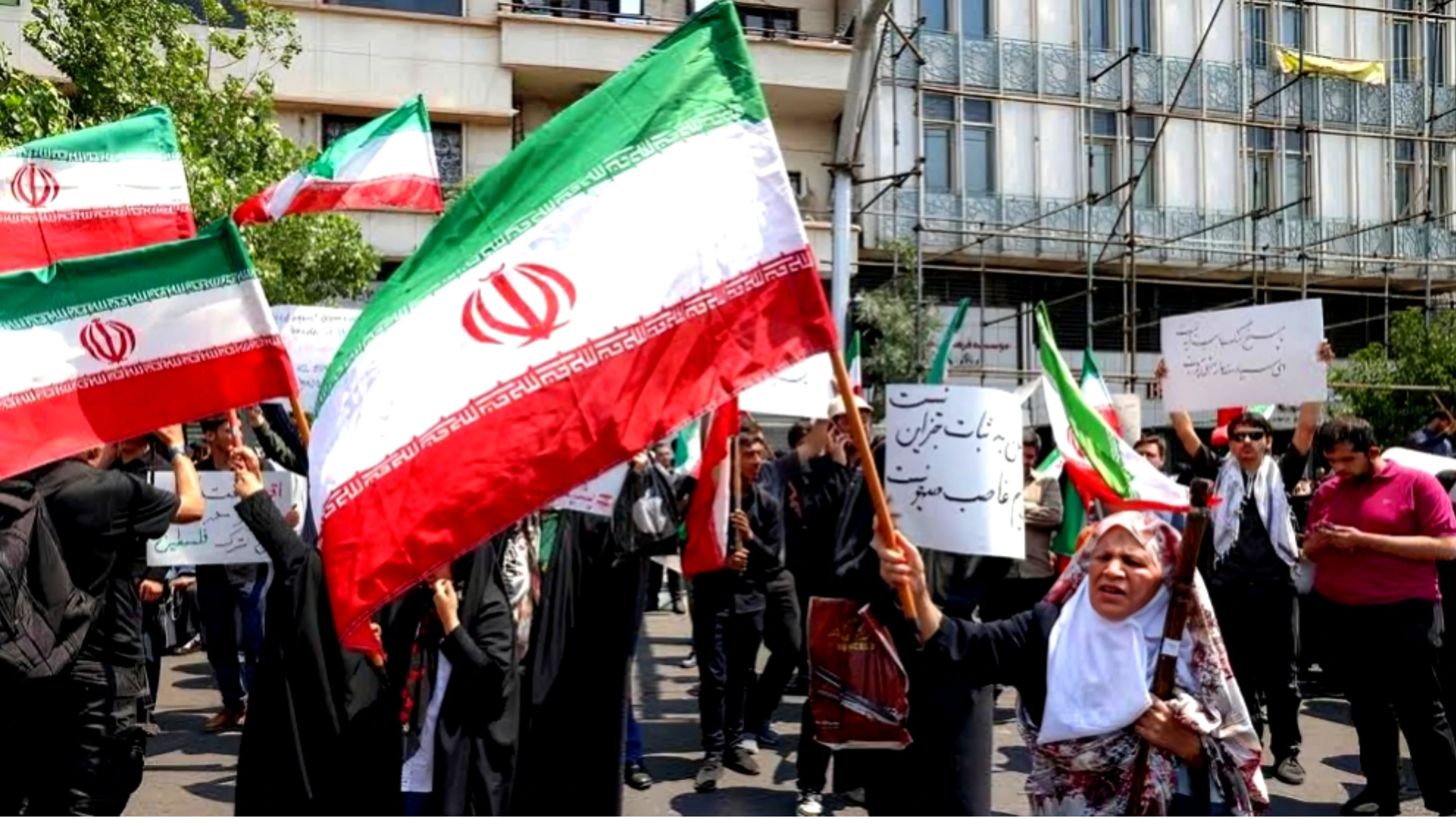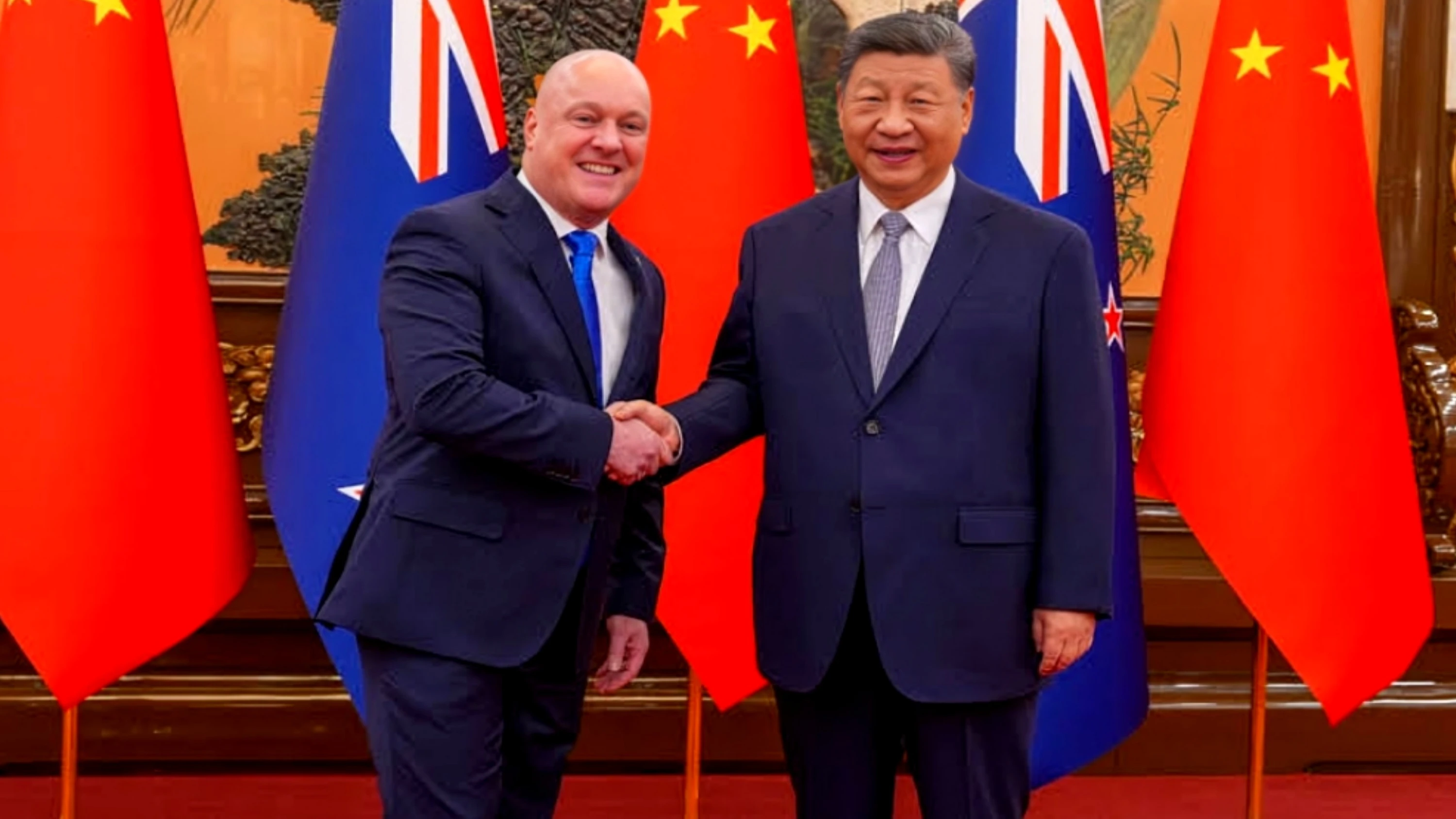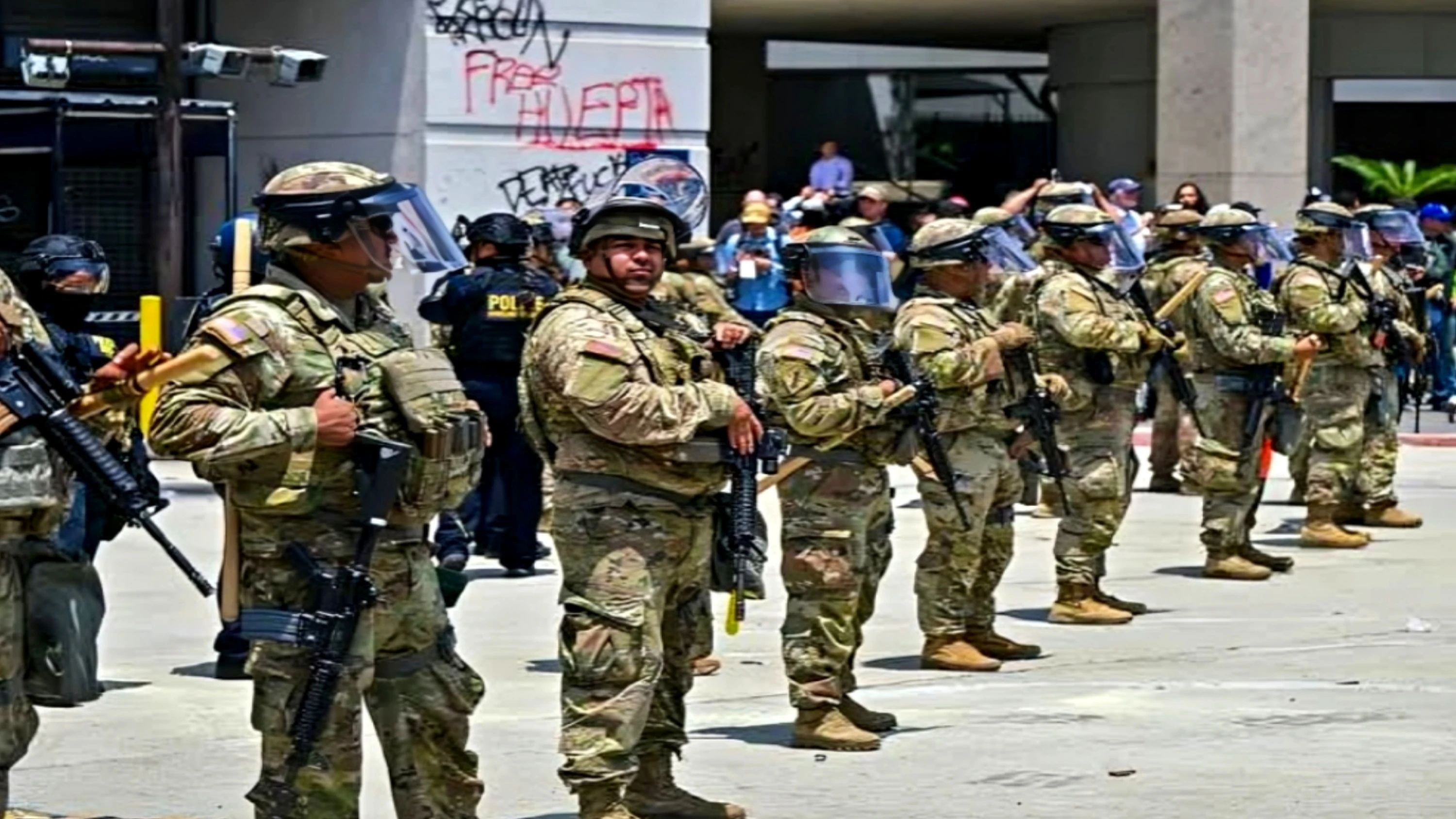Washington: President Donald Trump announced on Thursday that he is likely to make his first international trip of this term to Saudi Arabia, where he expects to finalize an agreement for the kingdom to invest $1 trillion in the U.S. economy. This deal would include substantial purchases of American military equipment.
Speaking to reporters in the Oval Office, Trump indicated that the visit would take place within the next six weeks. He recalled that his first foreign trip as president in 2017 was also to Riyadh, where he had previously secured a $350 billion Saudi investment.
"This time, they’re wealthier, and we’re all older," Trump remarked, highlighting his strong ties with Saudi leadership. He stated that the Saudis had agreed to allocate $1 trillion over four years to U.S. businesses, particularly in defense contracts.
The Saudi government has been playing an increasingly significant role in U.S. foreign policy, with Trump’s special envoy to the Middle East, Steve Witkoff, confirming that Riyadh will host a U.S.-Ukraine meeting next week aimed at brokering a ceasefire in the ongoing war.
In a separate development, Trump has also been involved in negotiations regarding the ongoing dispute between the PGA Tour and Saudi-backed LIV Golf. Additionally, his son-in-law and former adviser Jared Kushner has been linked to Saudi investments, with his private equity firm securing $2 billion from the kingdom after Trump’s first term.
In another major move, Trump signed an executive order establishing a U.S. strategic bitcoin reserve, a day before he was set to meet with cryptocurrency industry leaders at the White House.
According to David Sacks, the administration’s crypto policy chief, the reserve will be built using bitcoin seized through criminal and civil asset forfeitures. The White House event on Friday is expected to serve as the platform for Trump to officially unveil plans for the reserve, which will also include four additional cryptocurrencies: ether, XRP, solana, and cardano.
Details on how the reserve will operate remain unclear. Sacks stated that the government would not sell bitcoin stored in the reserve but rather treat it as a store of value, comparing it to a digital version of Fort Knox. He also revealed plans for a separate "U.S. Digital Asset Stockpile" consisting of other cryptocurrencies acquired through forfeitures. However, the government will not actively purchase additional assets beyond these holdings.
Market reactions were mixed, with bitcoin initially dropping over 5% to below $85,000 following Sacks’ announcement, before recovering to $88,109. The digital currency had previously surged to an all-time high of $109,071 in January, driven by expectations of regulatory support from the Trump administration.
Some industry figures expressed disappointment over the reserve’s structure, arguing that it merely repackages existing government-held bitcoin without introducing new purchasing mechanisms. Charles Edwards, founder of Capriole Investments, criticized the move, calling it a “lipstick on a pig” approach that does not actively expand government bitcoin holdings.
Trump’s pro-crypto stance has raised ethical concerns, particularly given his family’s involvement in cryptocurrency ventures. His administration has assured the public that ethics lawyers are reviewing potential conflicts of interest. Despite this, some conservatives and crypto advocates remain divided on whether the initiative genuinely benefits taxpayers or disproportionately favors wealthy investors.
Sacks estimates that the U.S. government holds around 200,000 bitcoin and suggested that past sales of seized cryptocurrency assets have cost taxpayers approximately $17 billion, though he did not provide a clear methodology for these figures.








